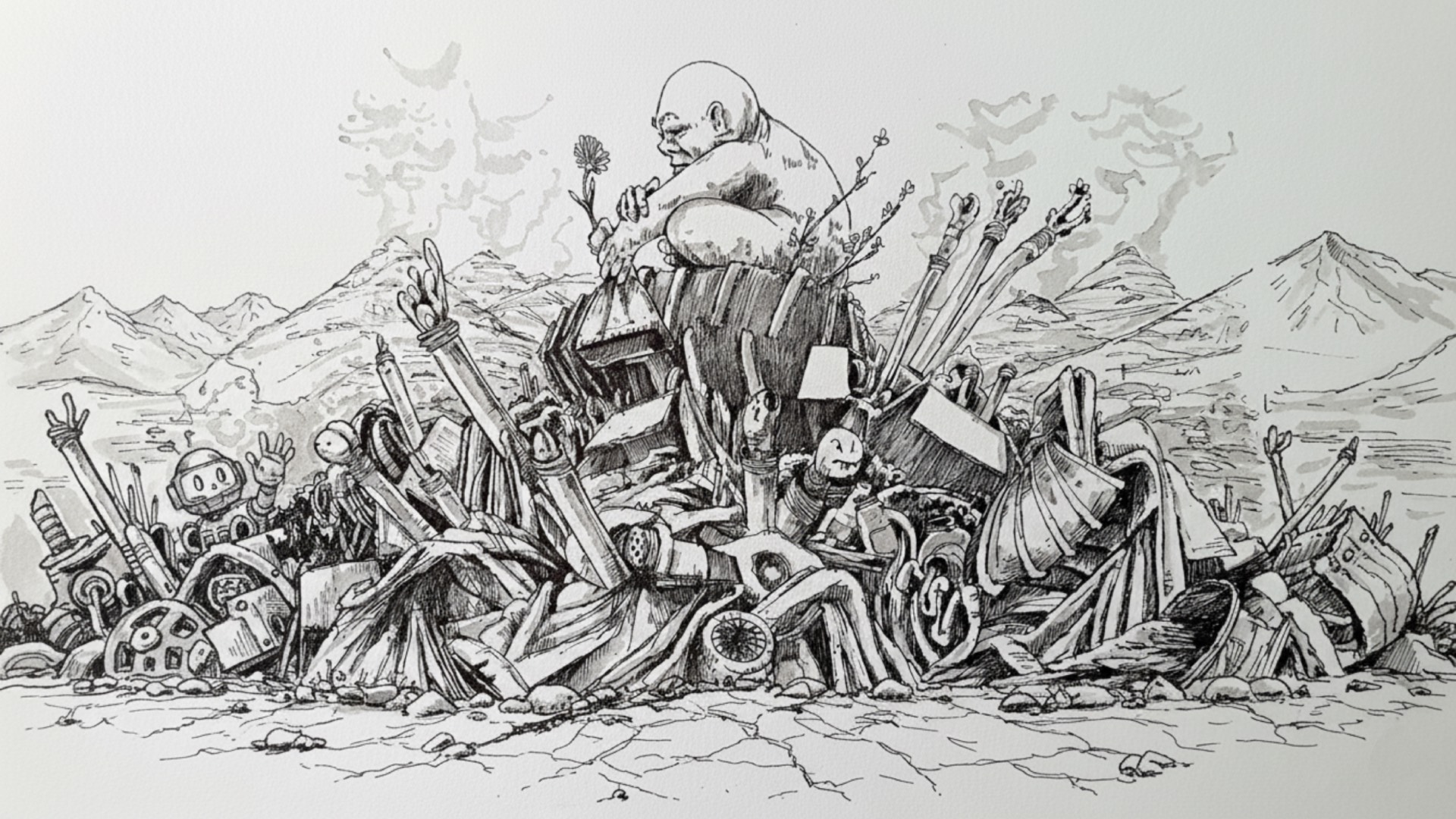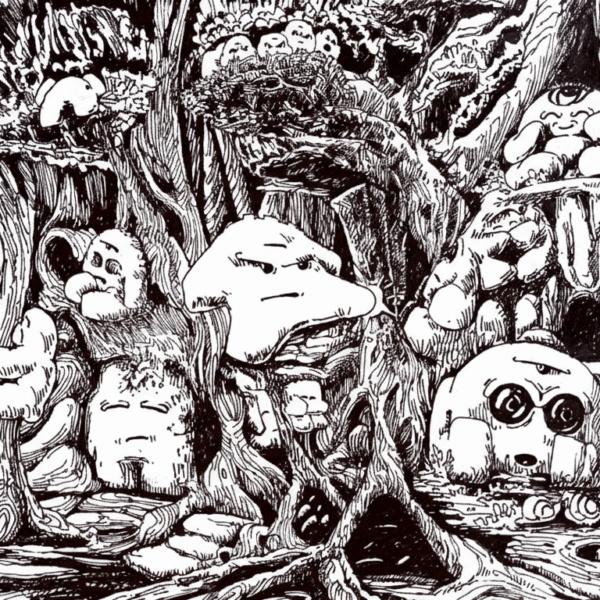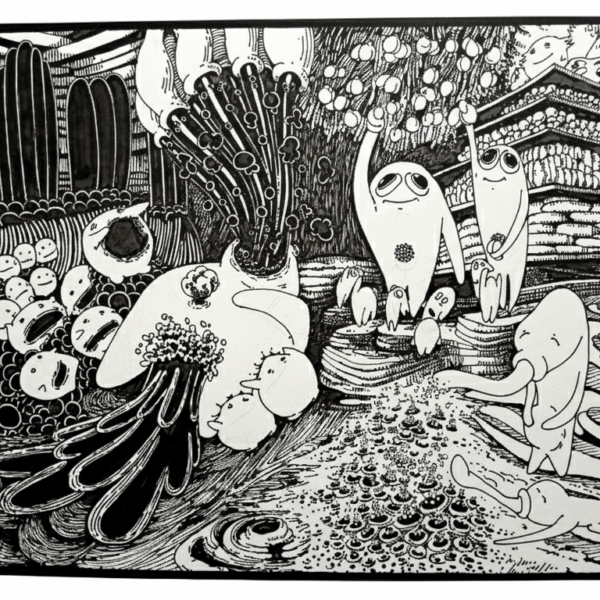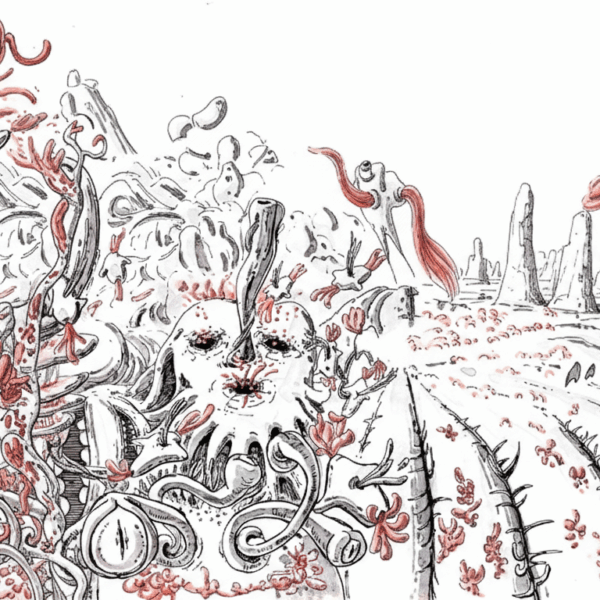I often wondered why too much ignorance manifests in our society. I live in Romania, in the most European city. Cluj-Napoca, considered the most civilized big city, shows a nice face to the world with its openness to ideas, especially if it will bring some votes for the mayor, administering the city for over twenty-five years.
I just wondered, where does this ignorance come from….and more importantly, if it’s a real observation or just my imagination.
“Most people are not content with their belongings, but surely they are content with their intelligence.” – an ambassador from Anna Karenina russian universe, by Lev Tolstoi.
Indeed. A vast part of humanity will react defensively or aggressively when shown how little they understand about themselves and their doings. The worst part is that most of them will not admit it even if proven indisputably. From the few who have enough courage and awareness of themselves to admit, fewer will ask for advice and act for themselves. It is a rare encounter, and thankfully, well distributed, to discuss subjects of interest with people, and by the end, both to leave a little smarter, more knowledgeable, and wiser.
In Romania, not often, but in more advanced civilizations, people will listen more carefully, and inquire, test my knowledge, experiment with my advice, and share their insights mindfully. Here, tho, the rush for advice seems to be an inborn instinct. An old banker gave his life advice without knowing anything about me. A few moments after our talk (more of a monologue), I discovered that he had stolen millions of euros from the bank where he was working, traveled the world, and returned to the country after his criminal acts were dropped. Whenever I present the slightest weakness, advice pours, but never fills me, because there is nothing to fill.
Conscious advice must come when asked. And must be given with utmost sincerity. This is how culture develops trustfully. This is how a peaceful society grows.
“Ignorance is bliss” because the moment of realization that will come from the conscious effort to contemplate the subject of ignorance is replaced with instant pleasure. When we observe the poor on the streets, the homeless, we can begin to think of our privileged life as a great gift, becoming grateful, and give something back, as a long-term investment for a cozier sofa in heaven. Most will think of the homeless as careless beings, worth of their situation, and regardless of their story, be regarded as a plague on society. Few will consider contemplating homelessness as a part of their life, inquire into the history of it, and the story of the unprivileged people, who spend their time lurking around trash bins for plastic bottles, begging for food, waiting for hope….
I noticed a phenomenon of our mind, which happens when we go through someone’s insights. Unlike observations or discoveries, which can be described without consideration for the truth behind them, an insight is an attempt to understand. Anyone willing enough to search for the truth knows that it requires individual effort, irrefutably by others. It happens during contemplation when we can feel the truth behind perceptions and thoughts. No wonder great minds think the same. Everyone who goes through the contemplative inquiry will think the same, as greatness is the result of the process. Regarding the phenomenon of the mind, I am referring to the moment when we talk about our insights, and are repressed with utmost resistance by those who listened but never dared to walk through the path of understanding.
“Eppur si muove.”
Most people want proof. Irrefutable and unconditional. They want to experience the truth as if it were their birthright. Until then, their deception is enough for survival, as comfort is their pleasure, not striving for betterness. They want someone else to make the effort to understand, so they will reap the benefits. Artificial intelligence was the creation of humanity, but through a few individuals who dedicated their lives to create enough understanding so that a few others to research into it and create the chat box, which makes so many excited that they don’t even have to think anymore, whether more to contemplate.
Why do people become ignorant? Their curiosity is repressed repeatedly from childhood. Through their unconscious parenting. Through unconscious religiousness, schooling, governance, bossing, etc.
Parents telling lies to their children just to keep them quiet, afraid, and obedient, so they can have moments of peacefulness, instead of choosing to tell the truth and help them to inquire.
Religions telling the same stories, perpetuating the same behavior within societies, creating discrepancies between their representation of the world and present knowledge, discoveries, along technological advancements.
Schools attempt to create a collective human consciousness, unaware that diversity in thinking, in feeling, and in doing is the purpose of education, as every human being is unique and different, with a destiny to fulfill for himself, not just bound to career paths.
Governments with their ever-increasing laws and legislations are creating blockades between people and their dreams, always looking to mend their wrongdoings, for which rarely anyone is punished.
Bosses who ask, but can never explain, because they don’t understand the meaning of their business….




